Secrets of the Korean Post-Natal Hotel: Postpartum Recovery In Korea
Last Updated on October 17, 2023
One of the decisions to be made by Korean women after they have their baby is whether or not they will stay in a post-natal hotel (referred to as a ‘PNH’ in the rest of this article). Post natal hotels are the best postpartum recovery option in Korea. Commonly women will attend such a place for two to three weeks after the baby comes in order to recuperate and learn how to care for the new addition to their family. If they will not attend one of these places it is generally assumed that they will be staying with their mother or mother-in-law or the elder woman will come to the new mother’s home to help for a fairly good duration of time.
A PNH is not something we have in the west, or if they do exist, they are not prevalent. Most American women head home within a few days after delivery and begin caring for their child by themselves with a bit of help from nearby friends and family. When I was prompted with this PNH option I was skeptical to say the least but after having stayed in one, I absolutely think every woman should find one after they give birth.
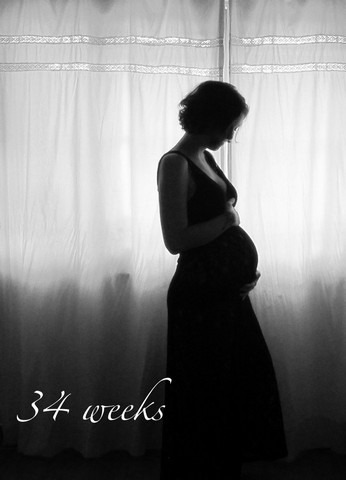
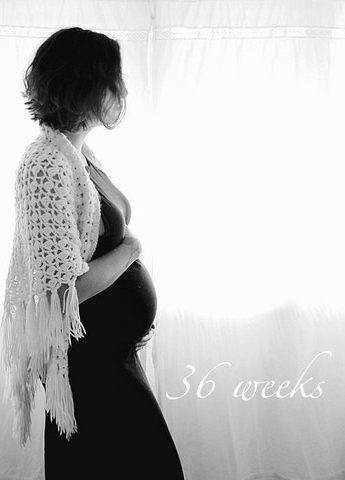
Whether you’re planning to visit a Korean post-natal hotel or just wondering what Korean postpartum care is all about, here’s what you can find below:
- Seaweed Soup All Day Every Day
- Touch my Breasts, Please?
- No Visitors Allowed!
- Korean Korean Korean
- You Will Sweat
- Cleaning the Body
- Why do they keep taking my baby?
- New Kids On the Block
(This page contains affiliate links. That means I get a portion of the proceeds at no cost to you. Thank you for the support.)
As I don’t come from a culture where we use these places, I wasn’t quite sure what the benefit would be. Why is a post-natal hotel necessary? Why should we spend money on such a place when I could just go home and care for myself with the help of my doting husband? Is it really that difficult to change a diaper? How much does it cost and is it worth it?
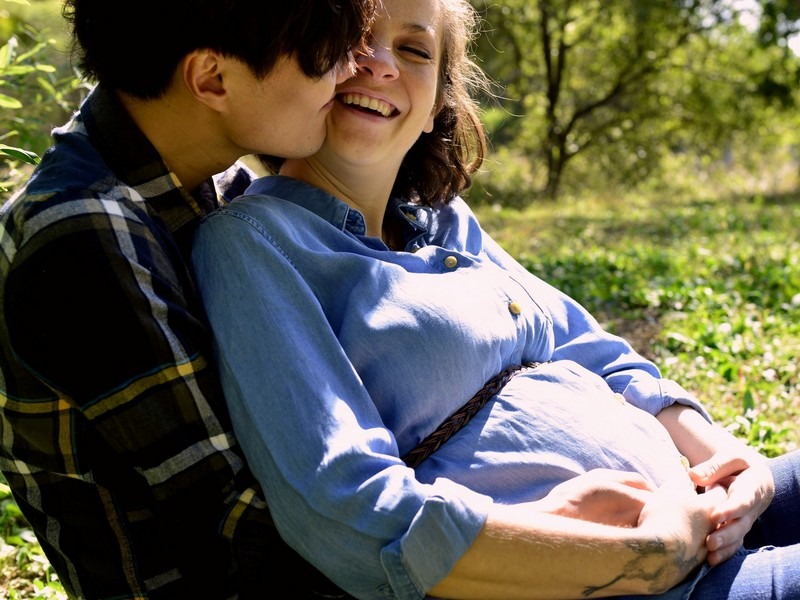
My husband, coming from the Korean culture perspective, was very much pushing for me to head to a PNH. His reasons included the fact that my immediate family does not live here and wouldn’t be here to help immediately following the arrival of the baby, the fact that we had no idea how much recuperation would be necessary and if there were a place to recuperate a PNH would be it and so on. Ultimately, I agreed to stay for one week, shorter than the norm, but longer than I wanted to be out of my house as it was following labor.
If you’re having a baby in Korea and you’re looking for information on a PNH, here are some basic ideas about what you’ll face while staying in one. I won’t link to any specific ones because what you’ll want to do is find one within walking distance of your own home. They exist all around Seoul so you can find one nearby easily. The closer to your home, the easier for your husband to come and go and if you need something, you already know the area well.
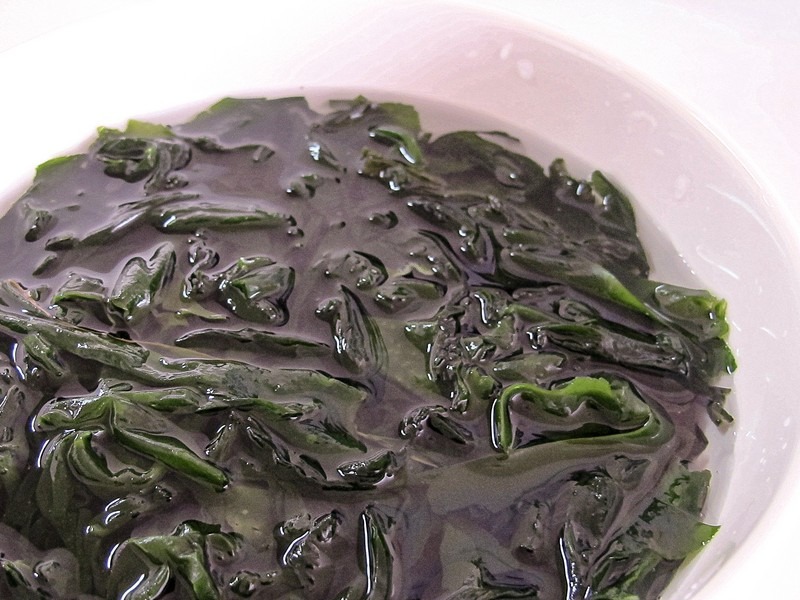
Seaweed Soup All Day Every Day
Koreans believe that seaweed soup (miyukgook or 미역국), a food high in calcium, fiber and iron among other very beneficial vitamins and minerals, is the best food and a very necessary food for pregnant and new mothers. As seaweed soup is regarded as the foremost dish in stimulating milk production, it will be the main course at every meal from breakfast to dinner inside the dining room of the PNH. There will be plenty of other side dishes and two other vegetable or fruit snacks throughout the day, but the main dish will always be seaweed soup. If you don’t like it, you’ll definitely begin to while you’re here. Learn more about seaweed and the health benefits in this post about Korean laver.
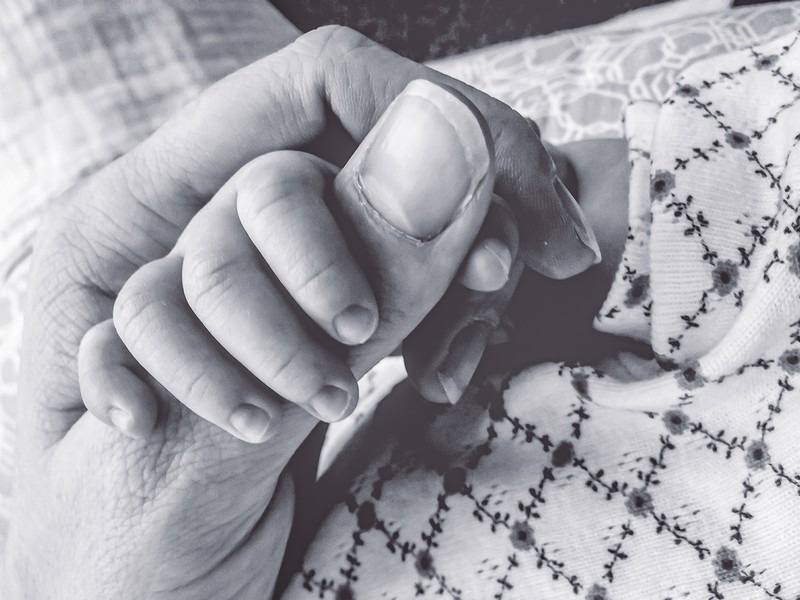
Touch my Breasts, Please?
From arrival to departure there will be no keeping track of how many hands will be on your breasts and there will be no, “can I?”, “may I?” or “shall I?” before the hands land on them. From nursing staff to masseuses and beyond, all female if that helps, they will touch without being prompted or prompting in order to help you find your way.
In the first week, every woman is trying to learn to breastfeed, get their baby to latch, start producing milk and so on and these women are here to help. From getting you into correct positions with good posture and helping the breasts when they are engorged or not producing, these women are all over it… literally. They have an answer for every query and can immediately tell from a touch of the boob, what sort of issues you may be facing. There’s no time to be modest in a PNH and no necessity to do so.

No Visitors Allowed!
You can have people visit you but, most likely they will not be able to enter the inner sanctum or your room. The inner area is only for the new mothers and their husbands. Husbands can come and go as they please and sleep over as well, though it was humorous to watch as they came and went. All of the men had blinders on immediately after they entered the doors. They would head straight for their room and not glance around once because there is almost never a moment when the common room doesn’t have at least one woman with a breast hanging out. This is also a reason that visitors can’t meander and wander around.
The PNH is for recuperating mothers in all state of repair and trying to maintain any sort of modesty is out of the question when the main priority is quelling the pain and learning to breastfeed among other things.
Not having visitors is also a part of the Korean idea of “ssam (three)- chil (seven) – il (days)” or “삼칠일”. The first three weeks are for recuperation so having visitors is prohibited, which is also helpful for that shy new mother that doesn’t want to say “no” to in-laws or friends that want to rush right over, this is her way out in other words. Staff are adept at telling anyone other than the husband that they can’t enter so you don’t have to but they are welcome to see the baby through glass windows.
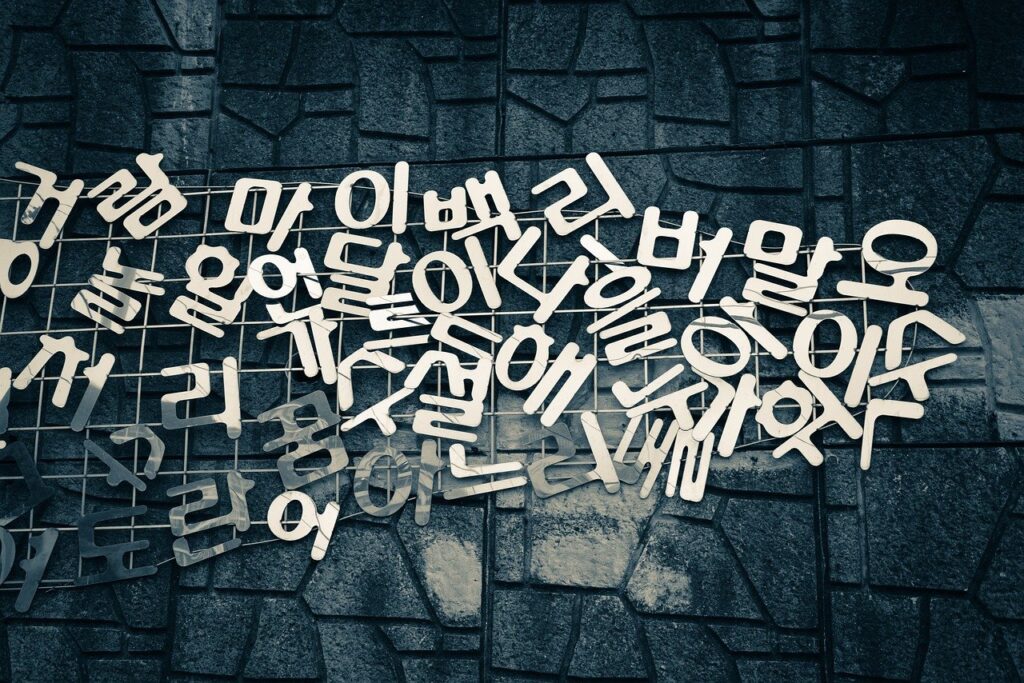
Korean Korean Korean
Foreigners are always welcome to stay in a PNH, but you will most likely be the one and only. At my PNH, they had had some foreigners in the past from a couple Japanese women to some Filipinos and all of them, like me, were married to Korean men. You will be surrounded by the Korean language 24 hours a day, 7 days a week. This isn’t something that seems worth noting as obviously we are living in Korea where the national language is Korean but, I had never actually been immersed in the language as much as I was in the PNH. There was no break from the language except for when I spoke with my husband. Being in such an immersed and new situation can add stress to an already nerve wracking postpartum time.
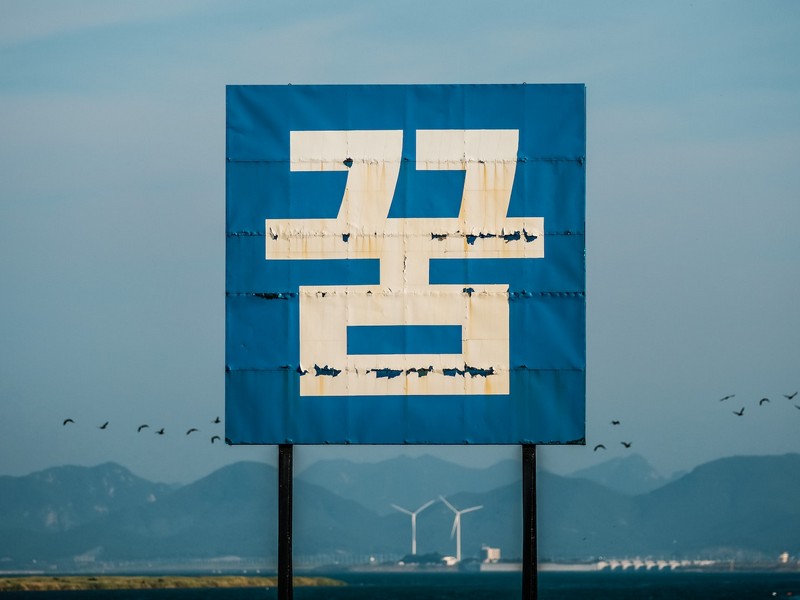
I won’t lie, already on edge with hormones rushing through my body following the coming of our sweet baby, I bawled two times that were directly related to the stress I encountered being immersed in the culture and language so heavily. Neither time was all that serious. The first time I was stressed about being in such a new situation and feeling alone and the second time I just wanted someone to explain something in a less blunt and more appeasing manner.
Luckily, our PNH was just around the corner from our house so, not only did my husband spend the nights with me, he spent most the mornings until noon everyday as well and came and went as I needed him. In the end, my husband said I should have stayed another week because my Korean skills were given a massive level boost during my week there and by the end, I had made friends in the other new mothers and quite enjoyed the support we were able to receive.
I highly recommend taking your laptop to watch vids/Netflix and other things though should you want some English time.
Not only was I full of seaweed and being fondled almost hourly, I was meeting other women and taking advantage of all of the massages that I could. So far my experience at the PNH was turning out well. I had headed to the post-natal hotel to recuperate after giving birth to our first baby. Having been there for a couple of days I had already learned a lot, but there was still clearly much more for me to learn.
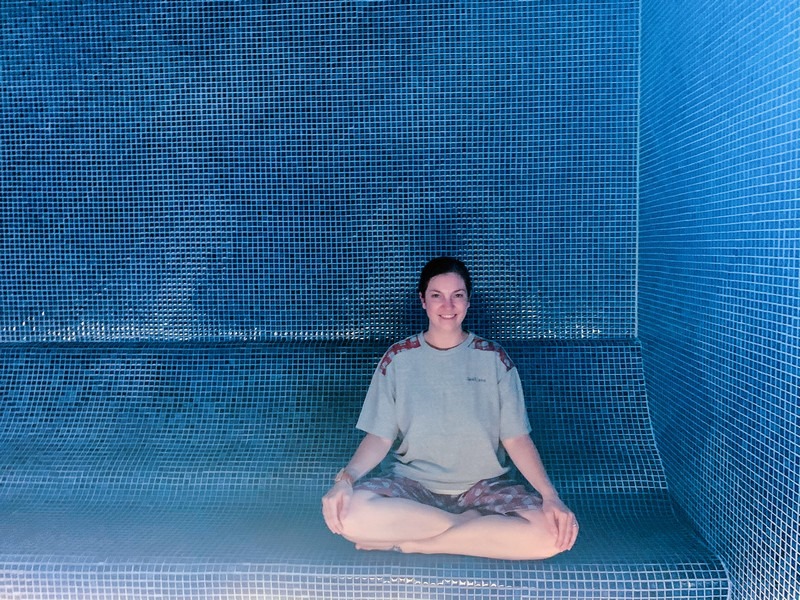
You Will Sweat
Koreans believe that after giving birth you should be kept heated at all times. Even in the summer, you will hear that you should wear long sleeves, pants and socks in order to stay warm and cozy and should absolutely not use the air conditioner or fan after giving birth. At the PNH this is amped up. The rooms are kept at a cozy 29C (84F) and you are given a set of PJ like clothes with long sleeves and pants.
Massages are done with the soul intent of making you sweat more and oils are used to open up the pores and keep you drenched at night. There are heated spa rooms and heated chairs. Even the water for you to fill your water bottles with is kept at room temperature. Koreans believe that exposing your body to any sort of cold after labor exposes your body to saan-hoo-poong (산후풍) which is unexplained joint pain and body aches after giving birth.
The nurses and managers would consistently harp on me for not wearing woolly socks, but by the afternoons, I was hot and just needed some body part to breathe. Though there may be no medical reason to back up this theory, heat does help the body relax and I certainly felt relaxed and recuperated by the end of my stay there.
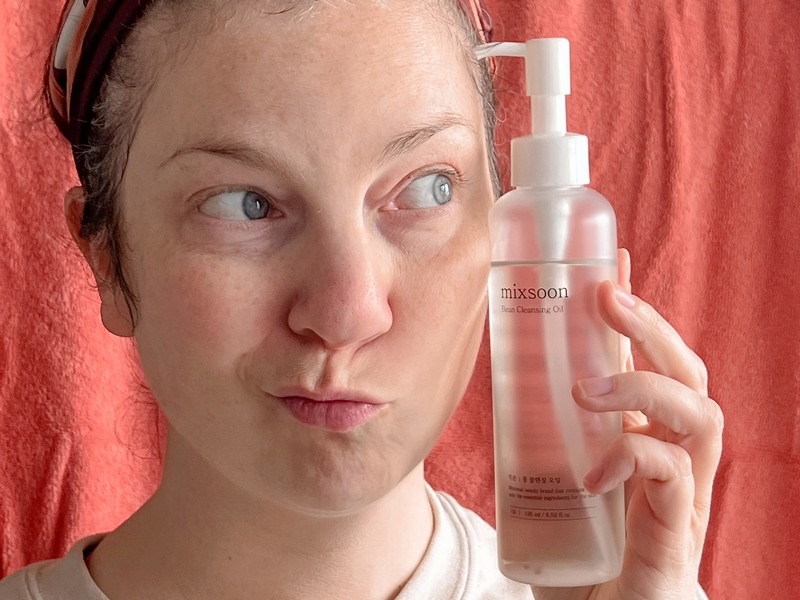
Cleaning the Body
Though traditionally Korean women were advised not to shower for up to a week or longer following the birth of their child, these days you can shower much sooner, though maybe not as soon as you would in the west. This practice was probably promoted in Korean culture during a time when proper shower systems weren’t present in most households and local bathing rooms were used instead. As going out could have led to catching a cold among other infections, the “no showering” rule was developed.
These days though, feel free to shower just as long as you dry your hair immediately after or expect a lengthy talking to. Don’t expect to find a bathtub in your PNH but a shower much like most in Korean households that connects to the sink. You will be prompted to enjoy a Sitz bath multiple times a day though. This is a bath specifically for your rear which most likely will be recuperating with stitches if you’ve just had a natural birth. A plastic adaptation will be provided to you that you can put onto your toilet that will turn it into such a bath and make sure the directions are explained multiple times if you need them to be as the buttons on the side panel are numerous and not all of them provide comfort.
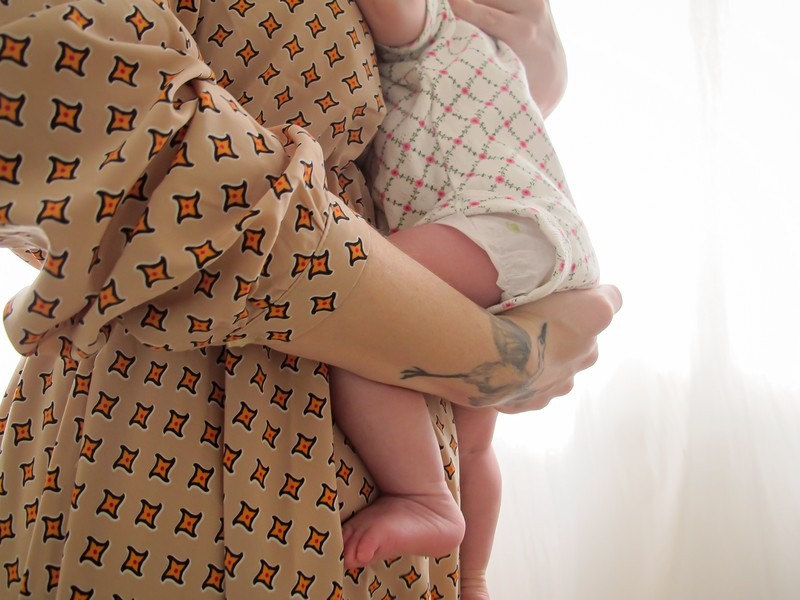
Why do they keep taking my baby?
Don’t be afraid to let the staff know what you expect. The PNH is a place promoting not only a new mother’s recuperation while at the same time helping to care for the new baby but they still respect what your expectations are. The first couple of days, I felt like the staff was on top of me and as soon as I was done feeding they would want to take our newborn away while I just wanted to cuddle with her and hold her.
They would call every time she needed to be fed and I would whisk her away to my room and then hold on to her for the whole morning until lunch, which was just fine. I’d take a nap in the afternoon and pick her up again and keep her until dinner. The staff kept telling me that I didn’t have to respond to every call, that I could take a rest if I felt like I needed to and they could use my breast pump milk instead. Every mother is different and every woman is going through a different recuperation.
While some women need more care which may mean less time to care for their baby other than breastfeeding, other women are feeling rather fine and may want to have the baby with them as much as possible. Just let the staff know what you want to do and absolutely don’t feel bad about taking a nap and allowing your body and mind to acclimate to the new situation you are now in as a mother.
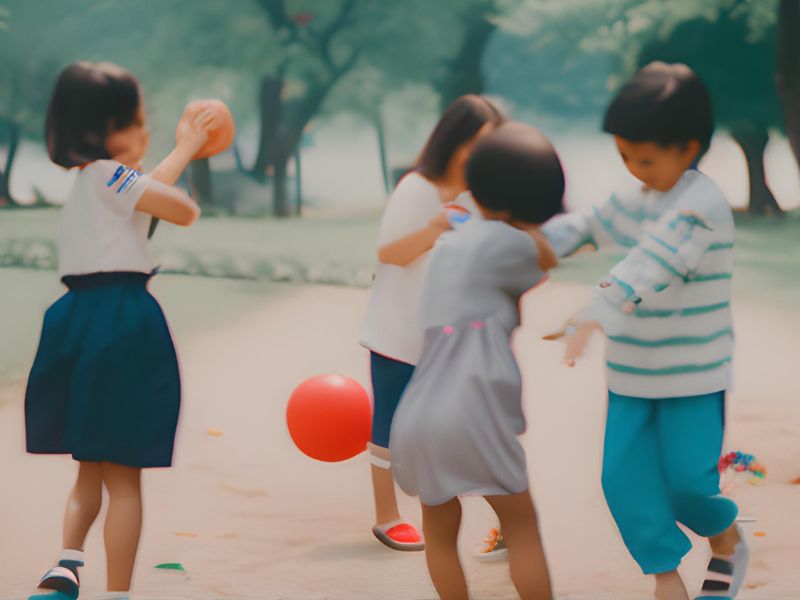
New Kids On the Block
One of the great things about the PNH is that you can meet other women in your neighborhood with newborns who are just about the same age as your own new bundle of joy. Many women staying in a PNH will swap numbers and form friendships or neighborhood groups. After leaving they will call each other up and swap information on progress as well as make play dates for their little ones.
Since there are PNH’s in every neighborhood, there is a good chance the women you meet in your own PNH will probably live nearby. These women will also be helpful with procuring baby goods that you may be on the look out for. A friend of ours had received lots of clothes from friends but as she was having a boy she didn’t need the girl clothing she had received and so she passed that on to us. It’s always nice to have friends to help you out and to lend a supportive hand or give a word of support when you need one.
A week at the post-natal hotel was enough for me. No joint pain was stopping me from caring for our babe and I was ready to experience some of those sleepless nights new mothers are always talking about. My time at the post-natal hotel was well spent and not only did I learn a lot about Korean culture expectations for me and for my baby, I had a big boost to my Korean language skills as well.
Are you pregnant in Korea? Here are some more posts you might be interested in:
- A Helpful Guide For Foreign Couples Starting A Family in Korea
- Pregnant In Korea: The Superstitions, The Benefits, & So Much More!
- What to Expect After Giving Birth in Korea
- What to Expect When You’re in Labor in Korea
Did you like this post? Pin It!
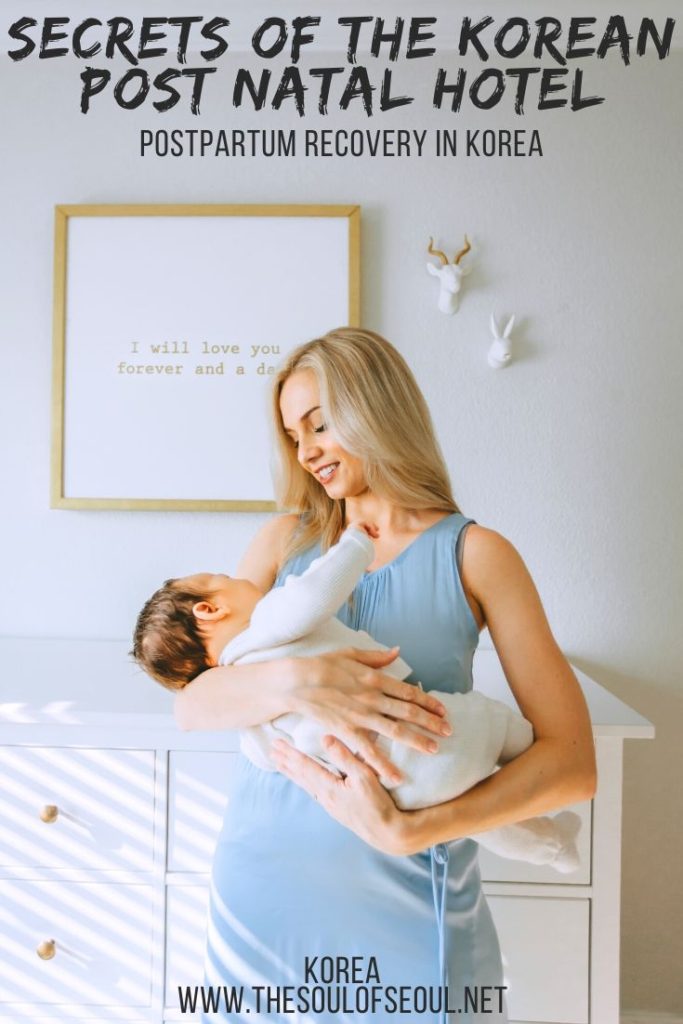
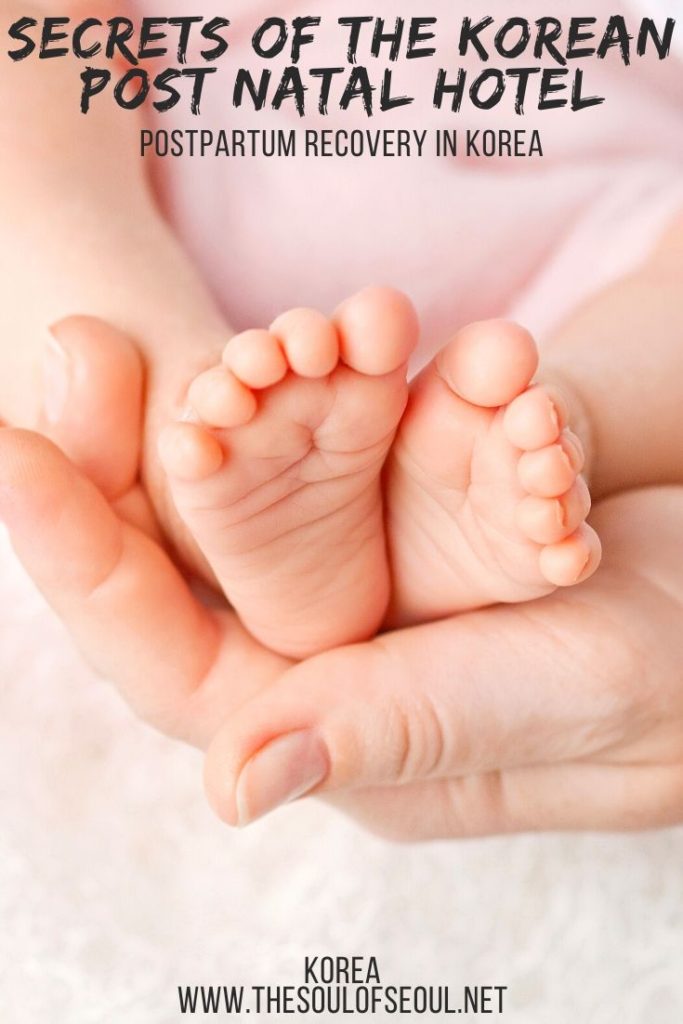


13 Comments
Emma
Hi, well I am a little skeptical regarding the choice of formula milk here, as the hospital requires you to bring one with you at the time of delivery. Which formula milk is best for the newborn baby? lactose is not an issue. your suggestions are highly appreciated.
Hallie Bradley
I’m not sure which hospital or birthing center you’re going to but mine didn’t require me to bring formula. I was just breastfeeding and let them know that so they brought me the baby to feed. You can just let them know that.
Jackie Park
Wow nice to see this blog! I just gave birth almost 3 months ago and am also planning to write about my stay at the Sanhujooriwon but can’t seem to get started because I’ve been so busy raising 2 kids under 2! Your post is inspiring though and I really need to start soon lol. Looking forward to reading more about your life here 🙂
Hallie
Hi Jackie, congratulations on your recent arrival. ^^
I’m glad you liked the post. Was your stay similar? I posted a few posts about being pregnant in Korea, birthing and all of it because there were some pretty big differences to what I think I would have experienced back home. I look forward to your post. ^^
Jackie Park
Wow thanks for replying so quick! It was. You’re right, it’s quite different from back home! I stayed for two weeks and struggled a bit at the end because of the language barrier lol. But overall I think it was a good (but really expensive) experience. But since this is going to be our last baby we figured, why not? 🙂
Hallie
Yeah, I was concerned about the cost as well. In the end, I decided it was worth it since my mom wasn’t due to come over until a couple weeks later and I could definitely use some massages. ^^
Jackie Park
Ah yes the massages were heavenly hahaha 🙂 did you also have to pay extra for those though? We had to pay extra
Hallie
One full body and daily breast massages to help bring on milk was included and then everything else was extra.
Jackie Park
Same with me. Thanks, and thanks for the follow. Looking forward to your future posts and hopefully I have time to post mine soon too! 🙂
Ana Cecilia Villafranca Macarlupú
Hi, well i’m peruvian and i’m expecting now a baby, my boyfriend is korean and during his last trip to my country i just got pregnant, anyway i’m worried about everything now …he wants me to go to Korea and have the baby there, i have some friends who are already parents and i was following your blog with that topics, I read that is not possible to do noise at that time? I know i’m going to scream like a black metal singer … but that is really bad to do? …
I was thinking about having the baby here or in korea but i see that Korea is best now cuz offers a lot of things while in Peru that doesn’t happen …
But what makes me worry more is about that it will be really difficult to me to comunicate in english …
i’m just learning korean and my english is not good at all… maybe at that time i’ll start to curse and yell in spanish …
I’m going to read more from your blog 😀
Regards~
Ana
Hallie
Hey Ana, Though Koreans traditionally think you should not make a noise during labor, if you do, no one will get upset with you. Don’t worry! It will probably be a little difficult to communicate but if you come and get to know your doctor and find a doctor you are comfortable with, it should be okay. Also, your husband can come into the room with you, so he can help to translate for you. Good luck!
koreanlearner
I’m amazed there even is such a place. It sounds like a good way to settle in with the little one. In Denmark, giving birth is considered an outpatient thing unless there are complications. You get to stay for a couple of hours afterwards and then off you go! If it’s a first child, mothers can stay 1-2 nights depending on the hospital.
Hallie
Its interesting to hear how different cultures treat pregnancy and labor. I was pleased with the stay there especially since I dont have any of my family around to help. My mother came two weeks after the birth so I stayed at the hotel almost until she came. It worked out well.